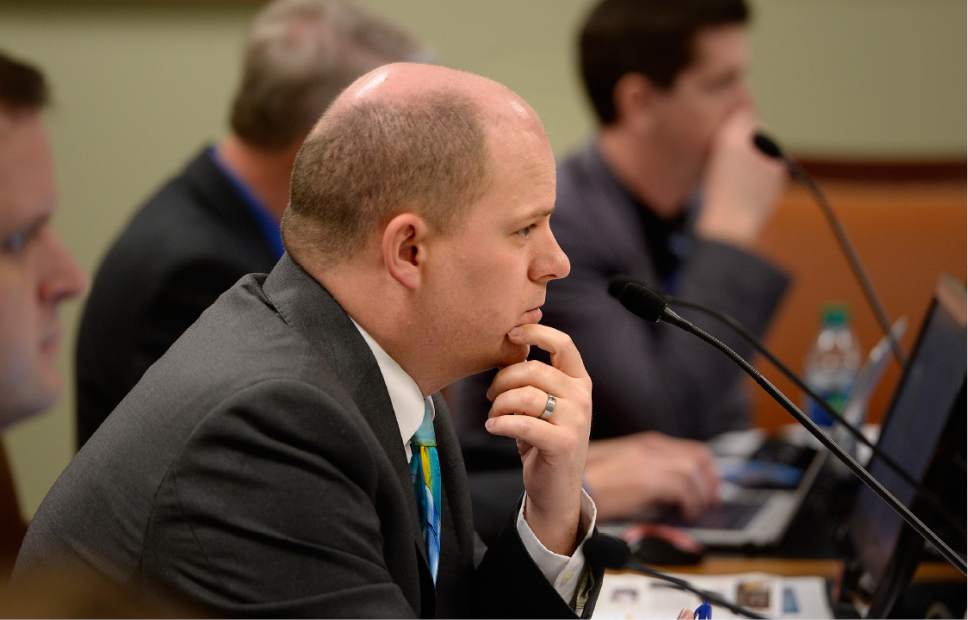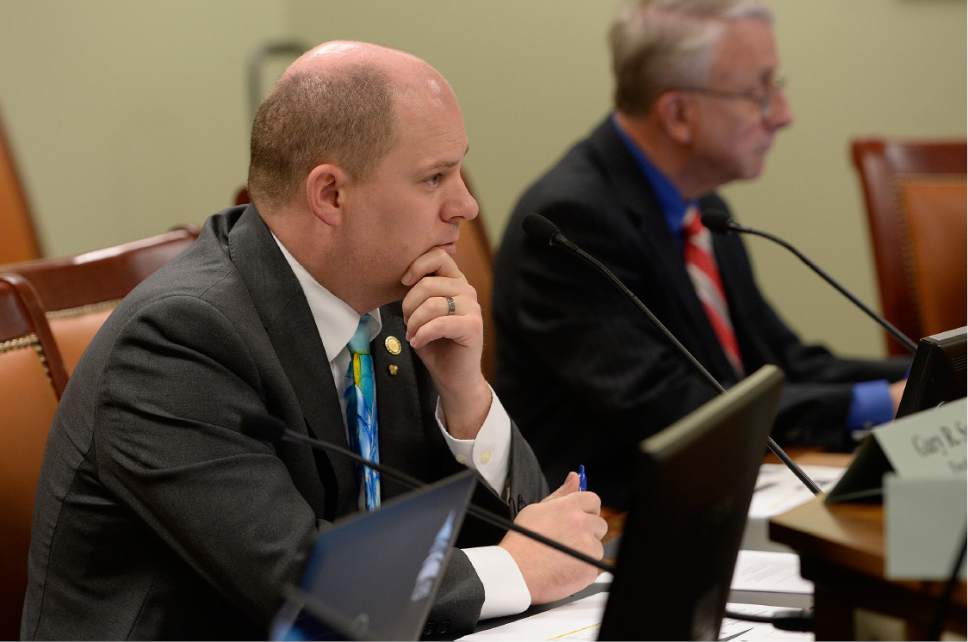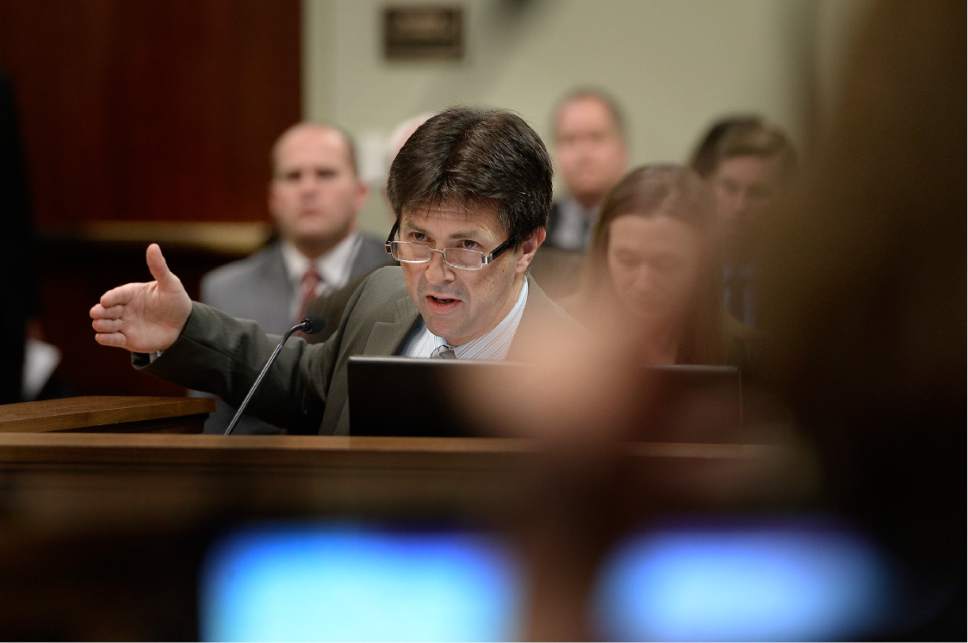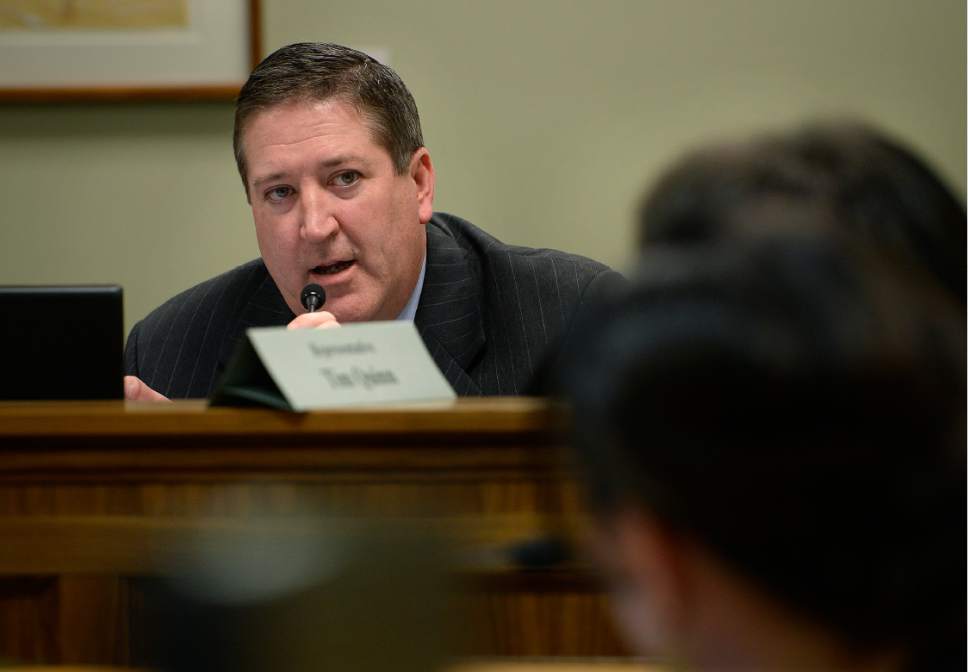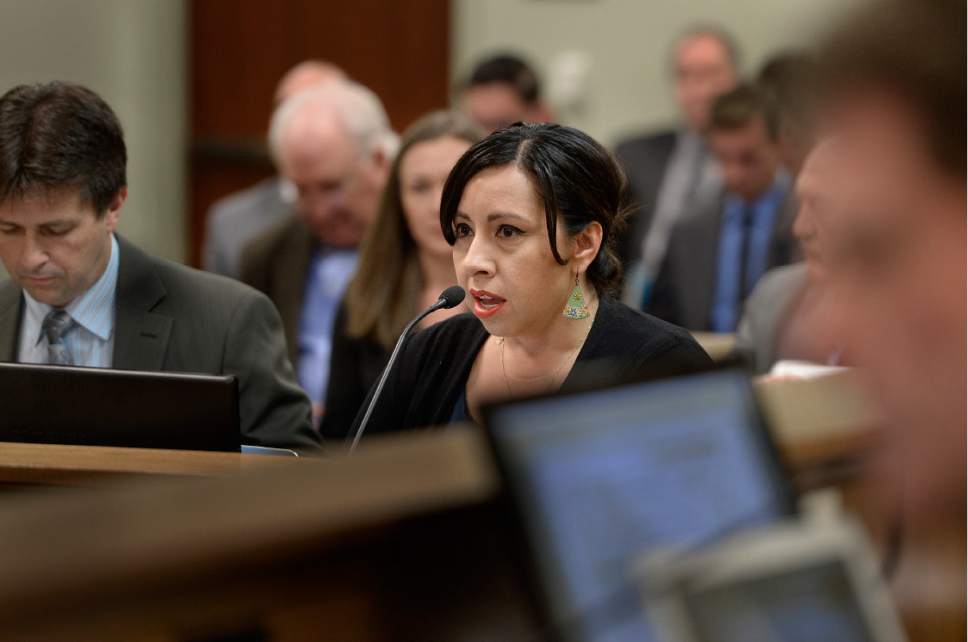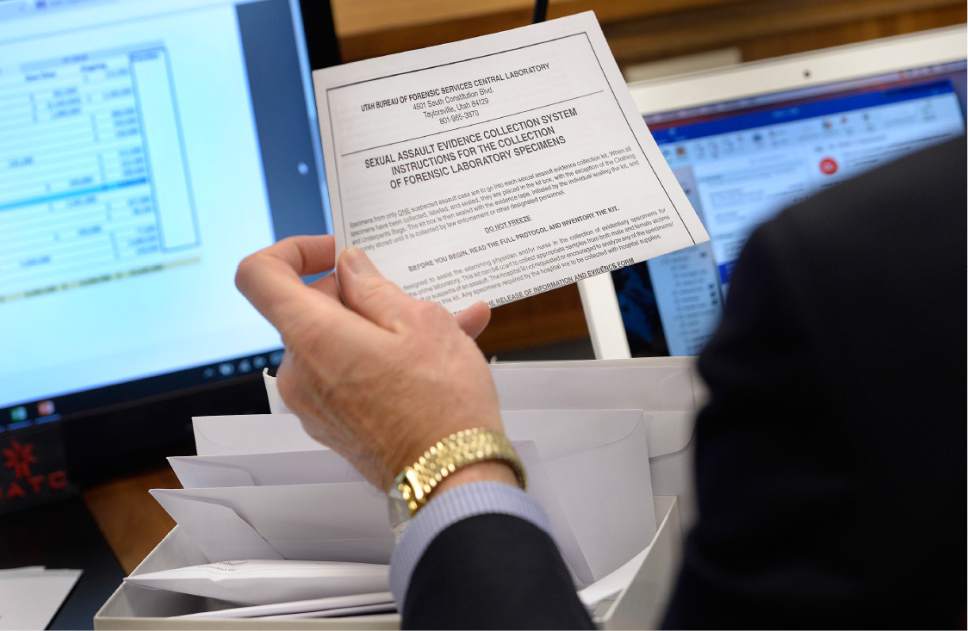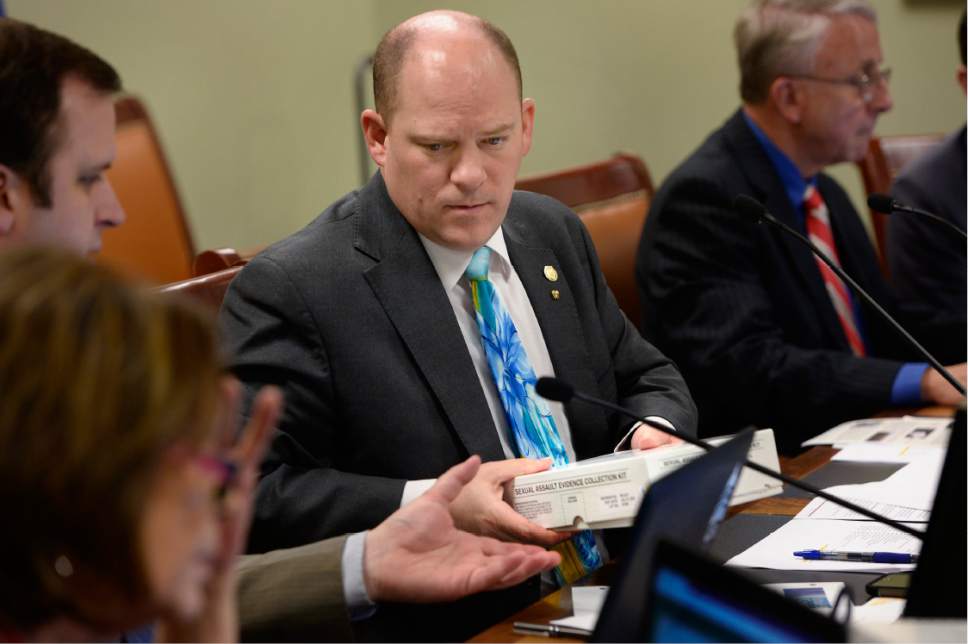This is an archived article that was published on sltrib.com in 2017, and information in the article may be outdated. It is provided only for personal research purposes and may not be reprinted.
A Utah lawmaker said Wednesday that "it's time" to pass a bill three years in the making that would mandate testing of all sexual-assault kits in Utah — despite the money needed to fund those efforts.
Rep. Angela Romero, D-Salt Lake City, made her pitch to a legislative appropriations committee for more than $2.4 million to fund HB200, which would give law-enforcement agencies 30 days to submit rape kits to the Utah crime lab, with testing required by a to-be-determined deadline. It would also create a tracking system for rape kits and trauma-sensitivity training for law enforcement.
"It's really about justice for those victims," Romero said Wednesday. "When all sex-assault kits are processed, we're identifying serial rapists and we're also giving closure to victims of this horrible crime."
Up to this point, whether a kit was submitted for testing was left up to the law-enforcement agency investigating the crime. Utah crime lab Director Jay Henry said his state-funded facility has seen an increase of sexual-assault kits being submitted as technology gets better and the federal Combined DNA Index System (CODIS) grows larger as more DNA profiles are entered into the system. There has also been a shift in law-enforcement perspective of victim trauma, Henry told the panel.
"Law enforcement has already begun submitting all kits to us," he said. "We're already starting to see more submissions, more agencies saying, 'We're going to submit it to the laboratory.' "
Henry said the $2.4 million would cover the cost of adding 17 new employees to the lab, along with funding the costs of DNA supplies and a sex-assault-kit tracking system. This system would allow victims to stay updated on the status of their kits, Henry said. He estimated that the money would allow the crime lab to test 800 kits a year. Previously, the lab has had the funding to complete about 400 tests yearly, he told the Executive Offices and Criminal Justice Appropriations Subcommittee.
The requested funding would cover current sex-assault cases, Romero noted, and would not address Utah's backlog of more than 2,700 tests that had previously been unsubmitted to the crime lab. About half those backlogged kits have been tested since 2014, according to Henry.
Members of the budget committee questioned some of the details of the funding request, including the additional employees needed and how Utah compares to other states in their efforts to test all kits.
"We would be on the forefront of other states," Romero said, "with tracking our rape kits to ensure that they are getting to the crime lab."
The committee is expected to consider the funding request and vote at a later time.


